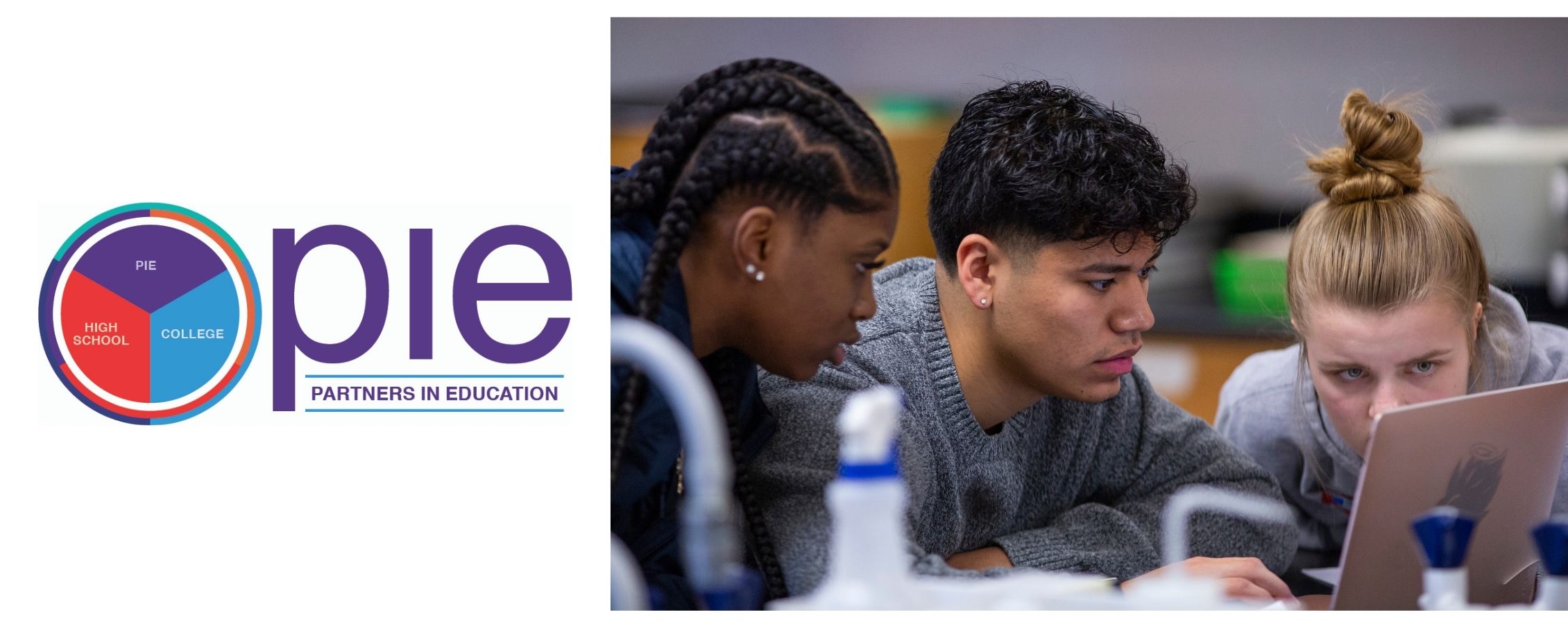PIE Courses Offered
UW-Whitewater offers many different Partners in Education (PIE) classes. All offered courses need to be approved by UWW faculty and will be available based on faculty liaisons being available. Please contact pie@uww.edu to explore options for your district.
Contact Us
 |
| Jess Gardner Rodriguez, Education Outreach Coordinator 800 West Main Street, Roseman Building 2013, Whitewater WI 53190 (262) 472-6215 gardnerjr23@uww.edu or pie@uww.edu |

